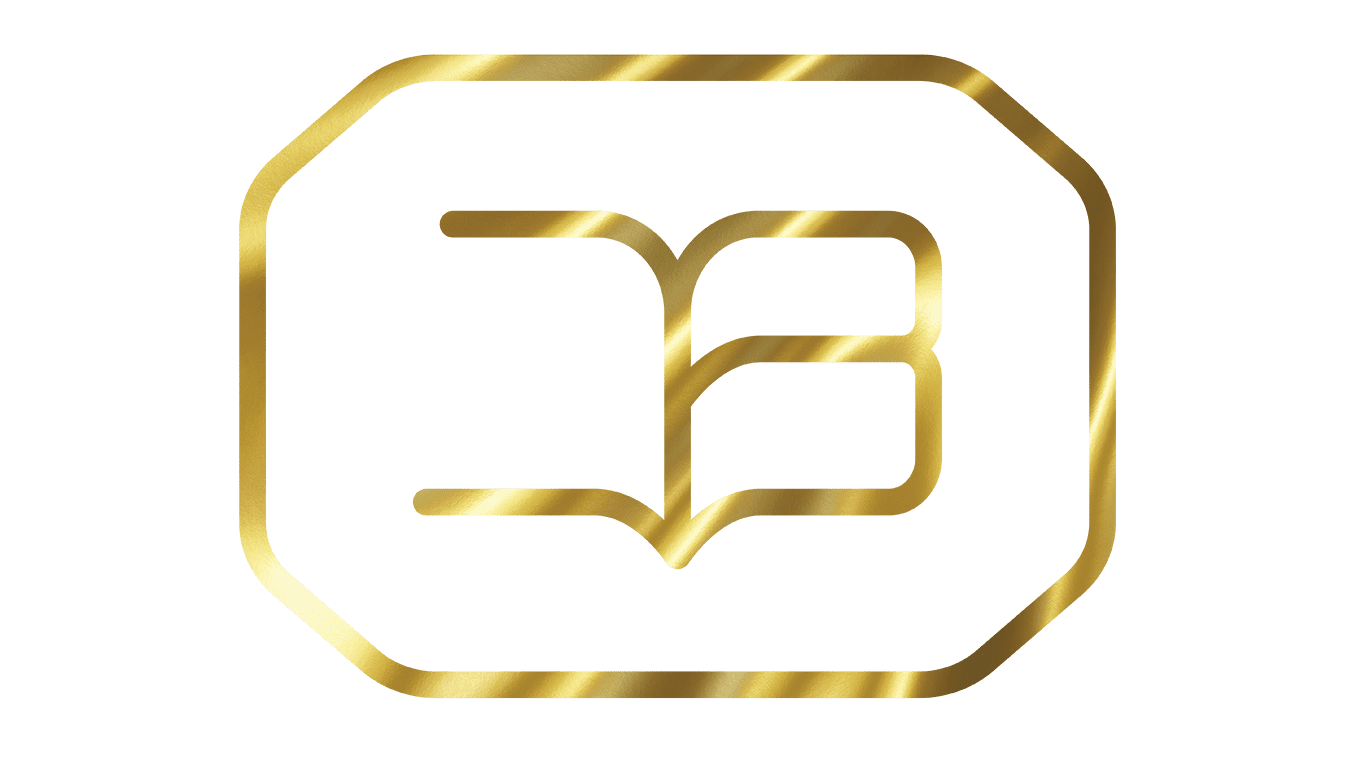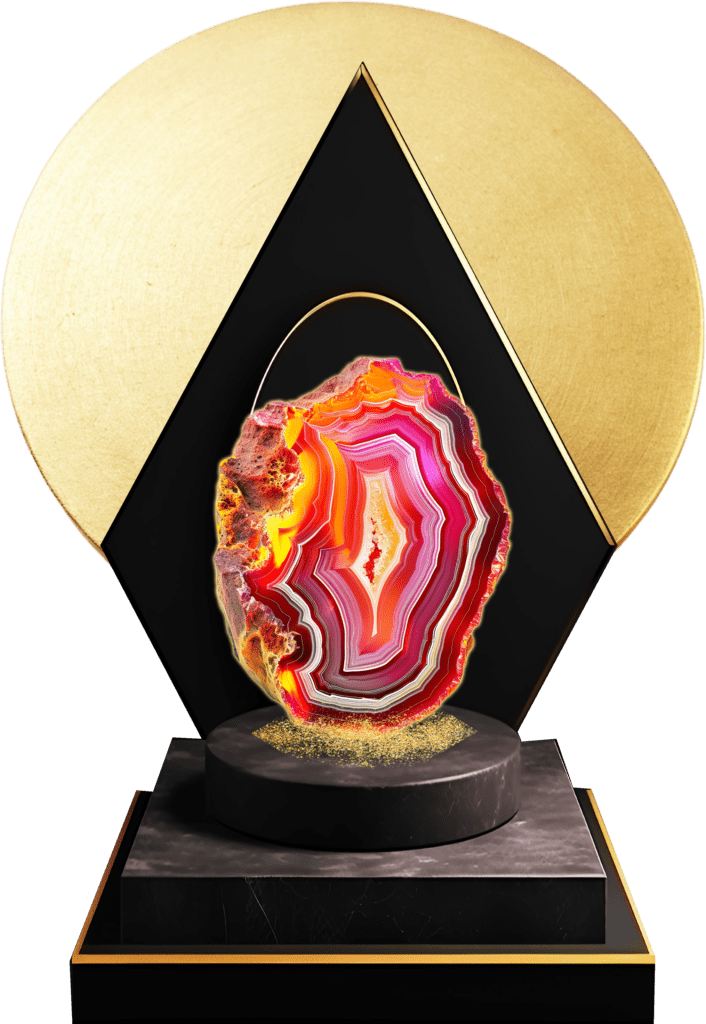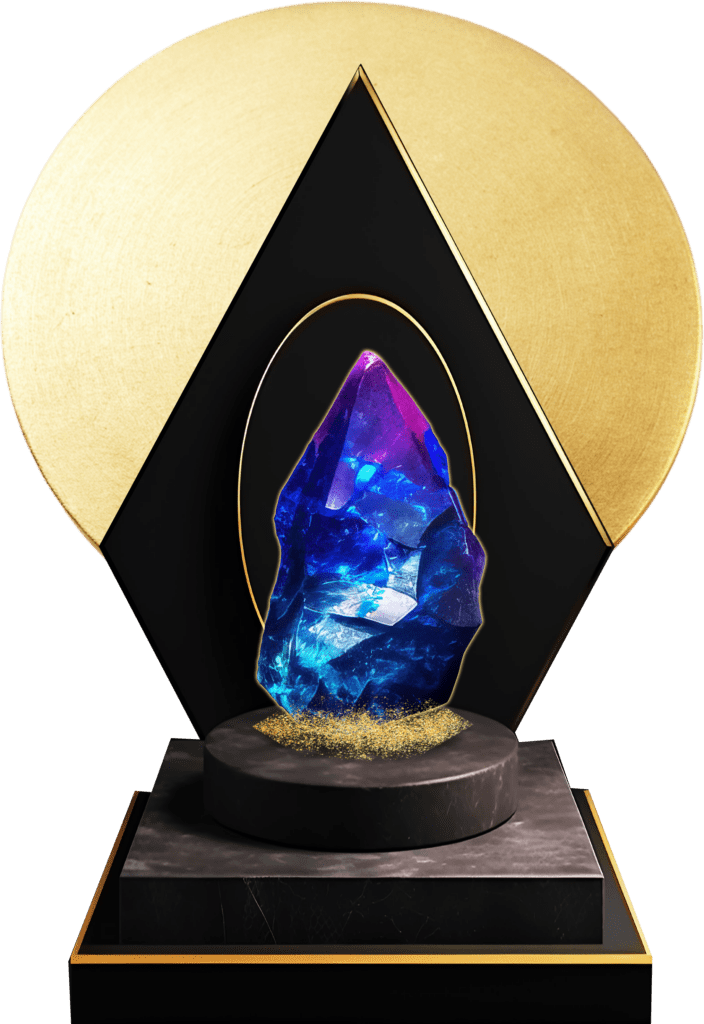צרו איתנו קשר!
כנפי החיים
דבורי הדבש כמפתח דרמטי לקיום האנושי
Wings of Life
Honey Bees as a Dramatic Key to Human Existence
About The Course
על הקורס
קורס זה מזמין את המשתתפים למסע אינטלקטואלי מרתק ודרמטי אל עומק היחסים הסימביוטיים בין האנושות, הטבע ודבורת הדבש. נפתח באמירתו הנבואית של אלברט איינשטיין: "אם הדבורים ייעלמו מעל פני האדמה, יוותרו למין האנושי רק ארבע שנים לחיות" – משפט שמהדהד כאזהרה קיומית בעידן של שינויי אקלים ואובדן מגוון ביולוגי. נצלול אל מעמקי הבוטניקה, חוקרים את הארכיטקטורה המופלאה של הצמח ואת הכימיה המורכבת של הפוטוסינתזה, ההאבקה וההפריה, תוך הדגשת התלות ההדדית העמוקה בין צמחים לדבורים. נסקור את ההיסטוריה המרתקת של גידול דבורים, מהתרבויות העתיקות ועד ימינו, ונחקור את האבולוציה של הדבורים מחרקים בודדים ועד ליצירת חברות מורכבות. נעמיק באנטומיה המופלאה של הדבורה – מהעין המורכבת ועד למנגנון העקיצה המתוחכם – ונבחן את הכוורת כמיקרוקוסמוס של חברה מושלמת, מנתחים את מבנה הכוח, חלוקת העבודה והתקשורת המתוחכמת בין חבריה. נחקור לעומק את תהליך ייצור הדבש, מרכיביו הכימיים והשימושים הרפואיים והתזונתיים שלו לאורך ההיסטוריה. נתמודד עם האתגרים הדרמטיים העומדים בפני אוכלוסיות הדבורים בעולם המודרני, מתופעת ה-CCD ועד להשפעות הקטלניות של חומרי הדברה, ונדון בדרכי התמודדות וטיפול. הקורס יכלול גם היבטים מעשיים של כוורנות, כולל הכרת ציוד מכוורת מתקדם וכוורות אלטרנטיביות, תוך בחינת הארכיטקטורה האופטימלית של הכוורת. נחקור את העונתיות בחיי הכוורת ואת ההתנהגויות המורכבות כמו התנחלויות. לבסוף, נשאב השראה מהמודל החברתי המופתי של הדבורים, בוחנים כיצד עקרונות של ערבות הדדית, אחריות, חריצות ויעילות יכולים להיות מיושמים בחברה האנושית. קורס זה אינו רק לימוד – זוהי קריאה לפעולה, להבנה עמוקה יותר של מקומנו במארג החיים המורכב של כדור הארץ ותפקידנו בשמירה על האיזון האקולוגי העדין שממנו תלויים חיינו.
* הקורס יותאם לרמת כל שכבת גיל.
This course invites participants on a fascinating and dramatic intellectual journey into the depths of the symbiotic relationship between humanity, nature, and the honey bee. We begin with Albert Einstein's prophetic statement: "If the bee disappeared off the surface of the globe, then man would have only four years of life left" – a sentence that resonates as an existential warning in an era of climate change and biodiversity loss. We will delve into the depths of botany, exploring the marvelous architecture of plants and the complex chemistry of photosynthesis, pollination, and fertilization, emphasizing the profound interdependence between plants and bees. We will review the captivating history of beekeeping, from ancient cultures to the present day, and explore the evolution of bees from solitary insects to complex societies. We will delve into the bee's remarkable anatomy – from the compound eye to the sophisticated stinging mechanism – and examine the hive as a microcosm of a perfect society, analyzing power structures, division of labor, and sophisticated communication between its members. We will explore in depth the process of honey production, its chemical components, and its medicinal and nutritional uses throughout history. We will confront the dramatic challenges facing bee populations in the modern world, from Colony Collapse Disorder (CCD) to the lethal effects of pesticides, and discuss coping and treatment methods. The course will also include practical aspects of beekeeping, including familiarization with advanced apiary equipment and alternative hives, while examining the optimal architecture of the hive. We will explore seasonality in hive life and complex behaviors such as swarming. Finally, we will draw inspiration from the bees' exemplary social model, examining how principles of mutual responsibility, accountability, diligence, and efficiency can be applied to human society. This course is not just education – it is a call to action, to a deeper understanding of our place in the complex web of life on Earth and our role in maintaining the delicate ecological balance on which our lives depend.
* The course material will be tailored to the age of the learners.







